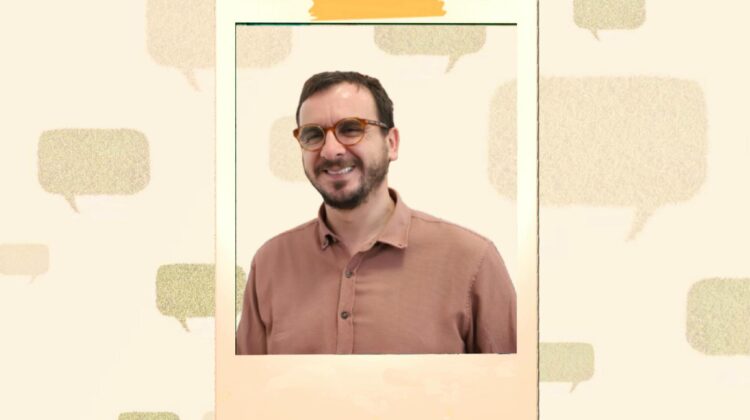Kosovo: A Land Vast Enough for Everyone, Except for Hatred

by Esmir Kasi
PhD in Legal Sciences
Day after day, year after year, 25 long years have passed since the end of armed conflicts in our region. This is not just a number but a measure of new generations—generations who did not witness those events but grew up in an environment filled with prejudice. Today, these are generations that see diversity in Kosovo not as a wealth but as a necessity for sharing the same living space.
The imaginary wall created between different ethnic groups in Kosovo presents a significant obstacle for young people in building good relationships with members of other communities. Despite numerous efforts, most young people today believe it is natural to live beside one another, but not with one another.
Unfortunately, political activities have further deepened the divide between young people. Instead of building bridges and fostering reconciliation, they have opted to create tensions and barriers. Twenty-five years is undoubtedly a significant period to archive past events and move toward building a better future—one that is free from hatred and division among young people. Despite the differences that exist among us, I believe there are many things we share, things we can work on together. It is our responsibility to tear down the walls we have built in our minds for the sake of a brighter future for the generations to come.
The youth of Mitrovicë/a also deserve a better future. This city, nestled along the beautiful Ibër/Ibar River, holds a special place in my heart, as I spent some of my best days there during my studies. Mitrovicë/a, unfairly labeled as a symbol of division in our society, has never truly embodied such division. It is a city with a soul, filled with people on both sides of the Ibër/Ibar who radiate love, respect, and hospitality, and who are tired of all forms of separation. These are people who genuinely yearn for peaceful and harmonious coexistence, believing that Kosovo has room for everyone—except for hatred. Mitrovica is a city of youth, beauty, tolerance, and immense potential.
For this beautiful side of the city to shine, sincere but modest support from the international community in Kosovo is essential. Such support should focus on programs that promote greater youth engagement and empowerment because young people are the source of positive change. Young people must understand that, no matter how challenging the path may be, there is no alternative. Establishing lasting peace in the region has no substitute, and fostering collaboration and friendship among members of different communities is an ideal worth striving for.
Equally important is financial support from the international community for the non-governmental sector and civil activism. We cannot ignore the significant contributions of civil society activists in breaking down prejudices among members of different ethnic groups in Kosovo. I speak from my personal experience. During my studies at the Faculty of Law in Mitrovica, the civil sector made tremendous efforts to establish cooperation between students of the University of Mitrovica and the University of Pristina through educational activities and seminars, in which I actively participated. The collaboration, mutual respect, and tolerance among students were remarkable. Undoubtedly, young people have a strong will to achieve lasting peace and mutual cooperation in Kosovo. For this reason, I believe that continuing such activities would significantly contribute to building new bridges between communities in Kosovo.
Finally, it is crucial to promote success stories of young people from different communities in Kosovo’s media. Media outlets play a pivotal role in creating an atmosphere of reconciliation and coexistence in Kosovo.
It is also necessary to place greater emphasis on education and cultural activities. Promoting culture, traditions, customs, national attire, and food through festivals involving participants from all communities in Kosovo would undoubtedly help combat prejudice, foster collaboration, and encourage friendships among young people. Young people deserve a chance, and I have no doubt they would make the most of it.
This publication was produced with the financial support of the European Union. Its contents are the sole responsibility of REC – Reconciliation Empowering Communities and do not necessarily reflect the views of the European Union.




